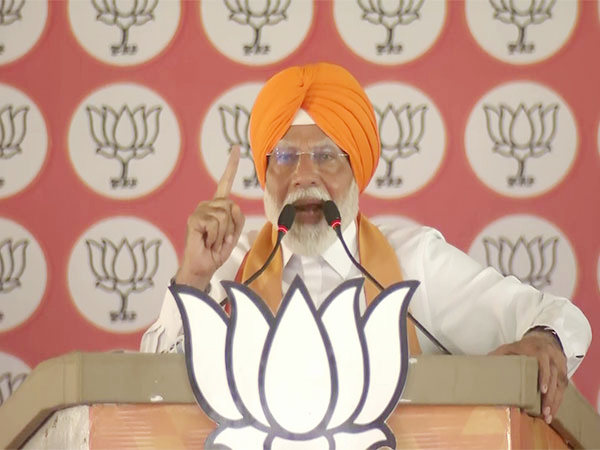Prime Minister Narendra Modi’s recent statements during a rally in Patiala, Punjab, have stirred controversy, prompting discussions on the intersection of history and politics.
PM Modi’s remarks regarding the hypothetical scenario of reclaiming Kartarpur Sahib from Pakistan during the 1971 Bangladesh Liberation War have sparked debate among historians and political analysts. While some view his comments as a bold assertion of India’s strength and historical narrative, others question the feasibility and implications of such a move. Critics argue that such statements risk trivializing the complexities of international relations and the sacrifices made during wartime.
The Prime Minister’s defense of the Citizenship Amendment Act (CAA) has also reignited the contentious debate surrounding the legislation. While PM Modi argues that the CAA aims to provide refuge to persecuted minorities, opponents contend that it discriminates against Muslims and undermines India’s secular ethos. The ongoing discourse underscores deep-seated divisions within Indian society over issues of identity and citizenship.
Furthermore, PM Modi’s characterization of the Congress and AAP alliance as two sides of the same coin has intensified political tensions in Punjab. His allegations of betrayal and opportunism have added fuel to the fire of an already fiercely contested electoral landscape. As Punjab gears up for elections, the Prime Minister’s remarks have become a focal point of political discourse, with parties seeking to capitalize on his statements for their own electoral gains.
PM Modi’s comments have evoked mixed reactions from the public, with supporters lauding his assertiveness and opponents criticizing his rhetoric as inflammatory and divisive. As India grapples with the complexities of its history and political landscape, the Prime Minister’s statements serve as a reminder of the intricacies involved in navigating the intersection of historical narratives and contemporary politics.



